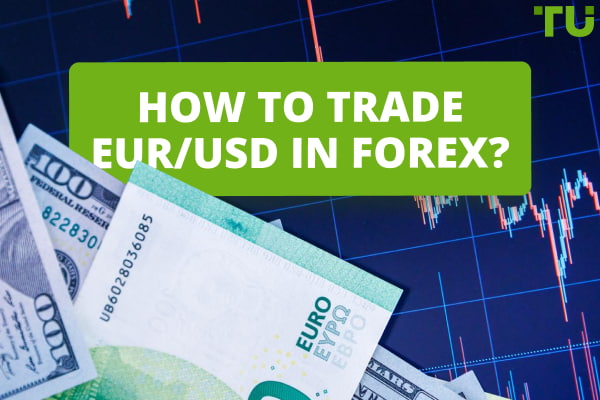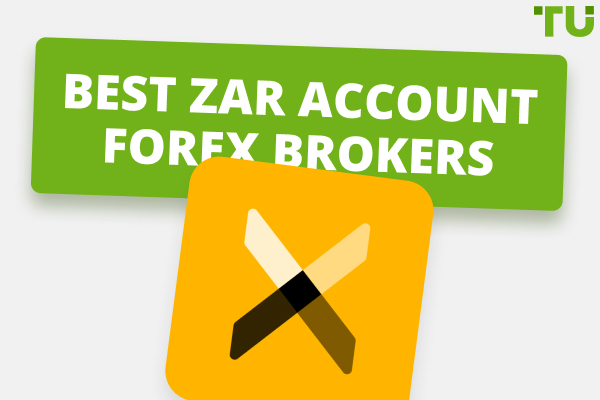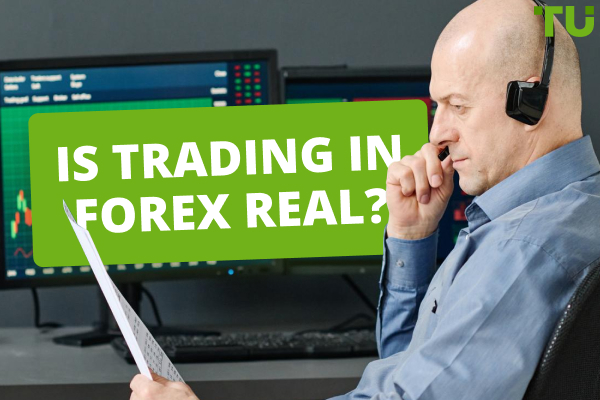Micro Account vs Demo - Which Do I Choose?
If you’ve been doing your research on how to get started trading forex, then you’ve likely
come across the term demo account.
A demo account is a type of account that allows you to experiment with a trading platform
before putting in real money. So, a demo account is different from a micro account in that you won’t be
dealing with actual money.
Although micro accounts involve small amounts of money, there’s still some degree of risk
involved. On the other hand, with micro accounts, there’s no risk to forex trading because your actual
money isn’t at stake.
Another difference between micro accounts and demo accounts is that micro accounts allow
the potential to make profits. Because demo accounts don’t involve real money, you can’t make real gains
when trading on them.
Also, micro accounts allow for a strong potential to make significant returns if you have
higher leverage.
Which is Better?
Now that you know the major differences between micro accounts and demo accounts, which
option is best for you?
The answer will depend on your individual needs. If you’re just starting out as a forex
trader, then a demo account may be more suitable to help you learn the ropes.
You may have no knowledge about the market and may have no experience with different
trading strategies. In this case, it’s likely best to stick to a demo account. This is because if you go
straight to a micro account, you could risk losing money, even at smaller amounts.
On the other hand, if you’re somewhat familiar with how the market works and have some
knowledge of trading strategies, it may be a good idea to open a micro account.
This will give you the ability to practice trading and potentially gain profits in the
process. And if you do end up losing money, you can avoid losing significant amounts.
Another factor to consider when choosing between a demo account and a micro account is the
emotional element. When trading on a demo account, it can be easy to deplete your account and start over
by opening up a new one, without feeling any real sense of loss.
So, when using a demo account, it’s important to treat it like a live account. But if you don’t think
that’s feasible for you, consider trading forex with a micro account. That way, you’ll expose yourself
right away to the emotional aspects of trading, which will be key to your success as a trader.



















